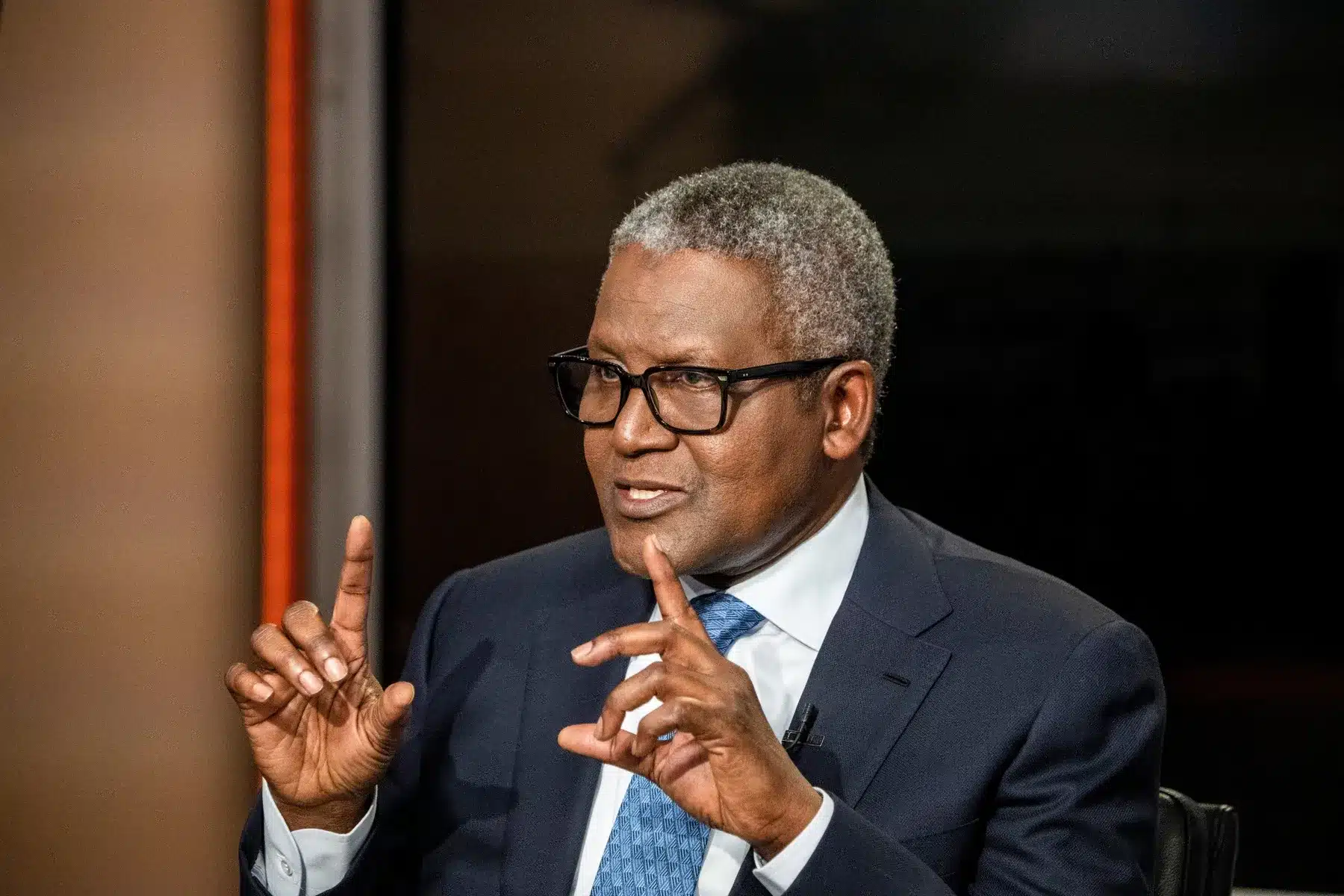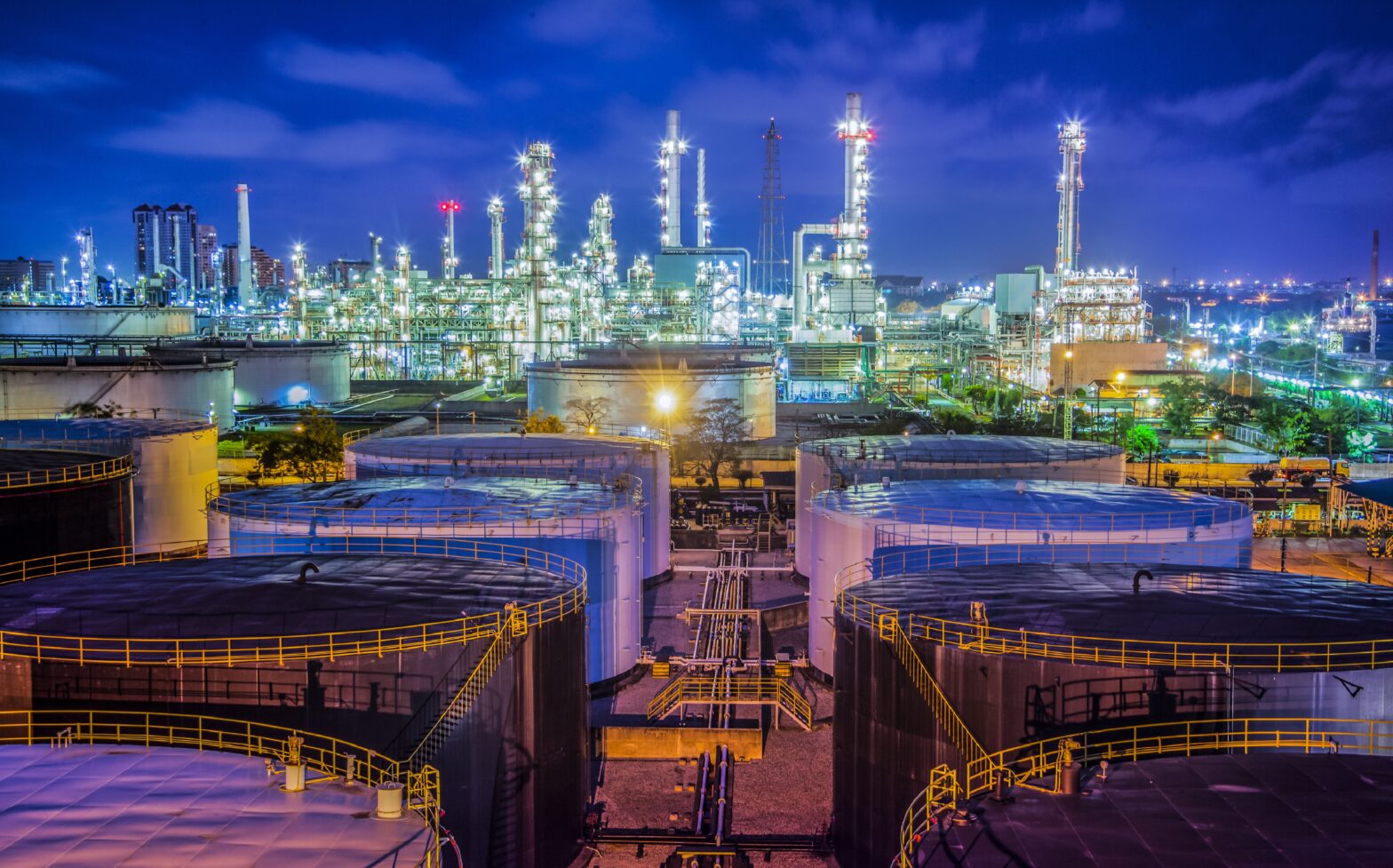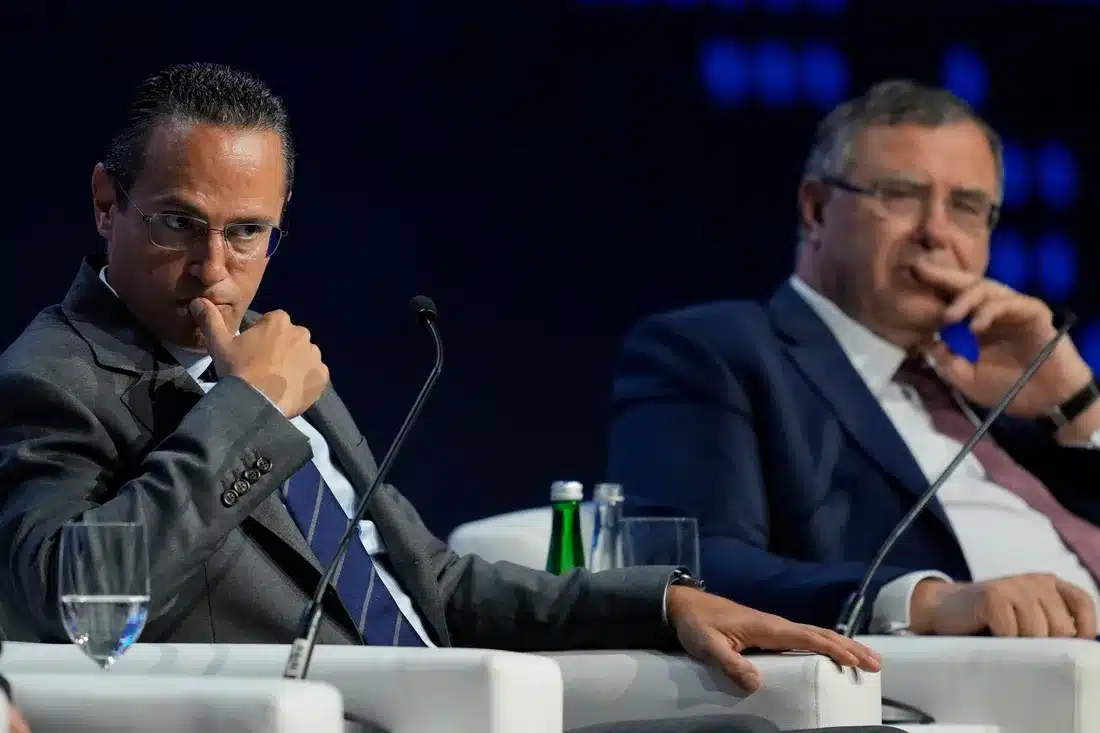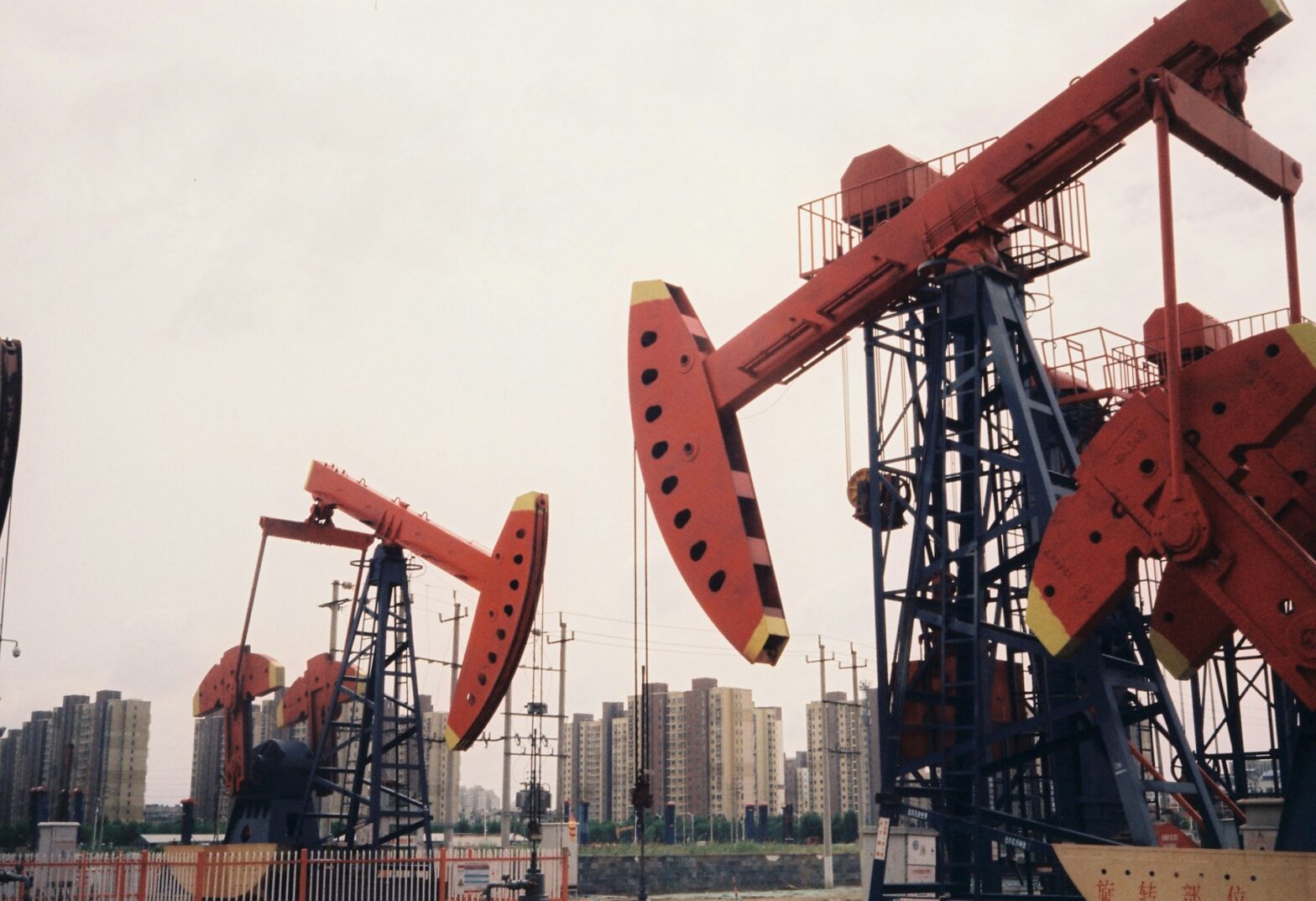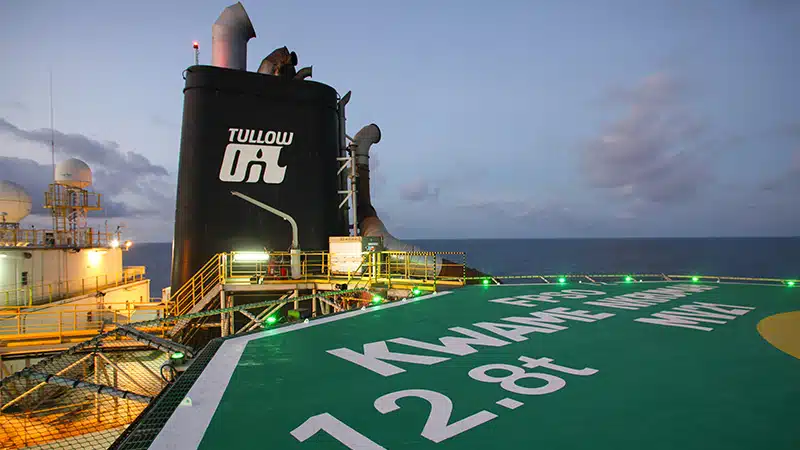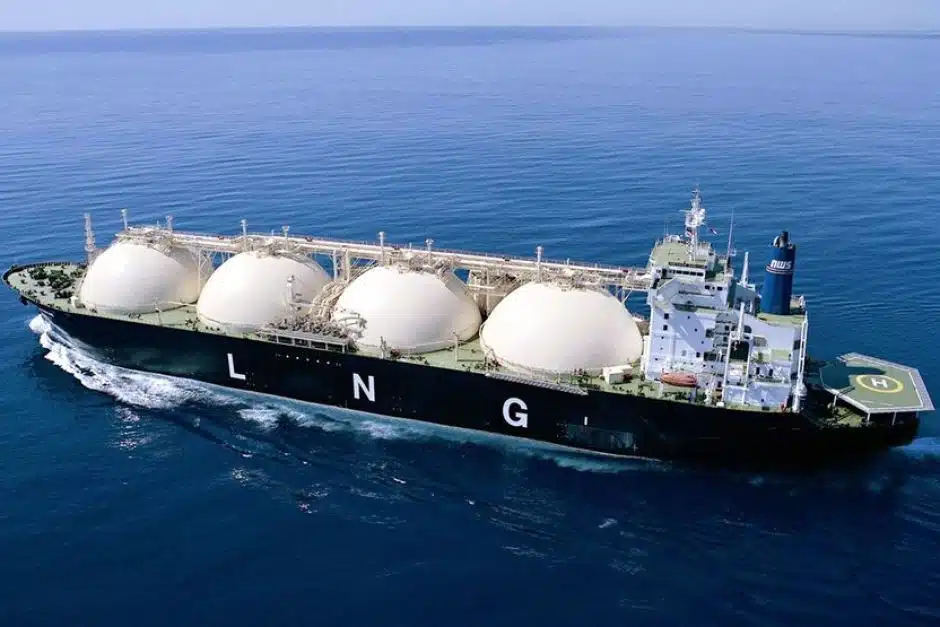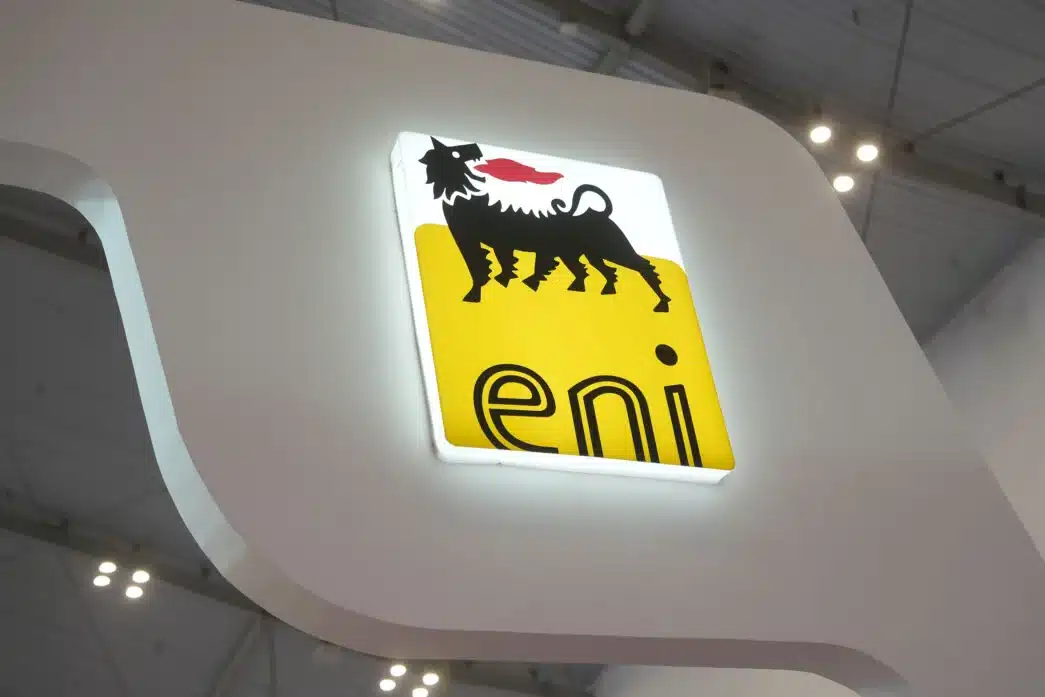The Nigerian downstream oil sector perhaps has just experienced its most significant disruption in years, generating considerable concern among fuel marketers.
It is arguably the most consequential development since May 29, 2023, when President Bola Tinubu delivered his “subsidy is gone” address—an announcement that initiated and continues to drive the transformation of what was previously a heavily regulated fuel market.
Just over two years after the speech, Africa’s richest man and president of the continent’s largest fuel processing facility, Aliko Dangote, has made another disruptive statement.
The 650,000 b/d refinery, which has already begun reshaping Nigeria’s downstream oil market earlier than expected, will be in the news again.
In March, data from the government showed it accounted for 41% of Nigeria’s total petrol consumption.
Despite still ramping up to full operational capacity, the refinery’s management have revealed it will in August 15 begin supplying fuel directly to filling stations, manufacturers and telecoms across the country.
The intention was made known via a press statement on June 14.
While the move will enhance fuel supply and boost productivity in Nigeria, the country’s petroleum products suppliers or middlemen do not welcome it.
Traders who had long controlled margins in Nigeria’s fragmented import and distribution ecosystem now worry that their profit windows will tighten.
What does this move entail?
The refinery is planning a direct market yet an unconventional entry.
The refinery spokesman, Anthony Chiejina, said Sunday in Lagos that the company had acquired 4,000 new compressed natural gas (CNG)-powered tankers to enhance its fuel distribution capacity across the country.
The target is a broad spectrum of customers, including fuel marketers, petrol dealers, manufacturers, telecom companies, aviation companies, and other large users.
“Players in these key sectors and others can purchase directly from the Dangote Petroleum Refinery,” Chiejina said.
This strategic programme, Chiejina says, is part of the company’s broader commitment to eliminating logistics costs, enhancing energy efficiency, promoting sustainability, and supporting Nigeria’s economic development.
He said it affirms their dedication to making fuel products available and affordable, aligning with broader efforts to strengthen the economy and improve the well-being of all Nigerians.
In recent months, the Dangote refinery has sold batches of refined petroleum products to local off-takers at below import parity prices, now the refinery is ready to further push its bounds.
What are major petroleum marketers saying?
The industry’s biggest players in the Nigerian downstream sector have since criticized and opposed the move seen by many as a game-changer.
“In one fell swoop, he is trying to wipe us out,” Billy Gillis Harris, head of Petroleum Products Retail Outlet Owners Association of Nigeria (PETROAN).
PETROAN, which comprises over 6,700 members, have argued that the introduction of CNG trucks poses a threat to the livelihoods of thousands of drivers and traders who currently supply products to telecom companies, filling stations and manufacturers.
Under this initiative, the Dangote spokesman says all petrol stations purchasing PMS and diesel from the Dangote Petroleum Refinery will benefit from this enhanced logistics support.
Aside from PETROAN, the Independent Petroleum Marketers Association of Nigeria (IPMAN) has also warned against the move, citing risk of monopoly and threat to free market competition.
Specifically, the chairman of the Rivers State Chapter of the union Tekena Ikpaki says “we must not overlook the broader implications it holds for Nigeria’s downstream sector.
According to the refinery, the initiative will be backed by a fleet of 4,000 newly acquired Compressed Natural Gas (CNG)-powered tankers.
“This unprecedented scale of distribution, if left unchecked, could significantly undermine the independence and survival of thousands of small and medium-scale operators across the country.”
Ikpaki cautioned that allowing such control destabilizes the livelihoods of over 10,000 independent marketers across the country.
Strategic pricing and promotions
As a new entrant into an already competitive market, Dangote understands it won’t be easy given the presence of competition.
As a result, the company is introducing free logistics as a sweetener.
As part of the plan, Dangote will be offering a two-week credit facility for buyers who purchase at least 500,000 litres of PMS or diesel.
The spokesman says such buyers will be eligible to receive another 500,000 litres on credit, however subject to bank guarantees.
Meanwhile, the company has stated that registration and Know Your Customer (KYC) processes are currently ongoing for interested off-takers, lasting from June 16 to August 15 2025.
While Dangote’s early activities have already disrupted fuel imports in Nigeria in recent months, the company seems determined to further bolster its control on the home front.
“This is a major revolution in Nigeria’s midstream and downstream oil sector. We are committed to ensuring equitable fuel access for all Nigerians, wherever they may be,” Chiejina said.
A senior oil executive describes the plans as “the Uber moment for the Nigerian fuel sector.”
However, fuel marketers in the country are now calling on the federal government and downstream regulators to enforce anti-monopoly sections of the PIA; the very policy that has helped open up the sector for brands like Dangote.

